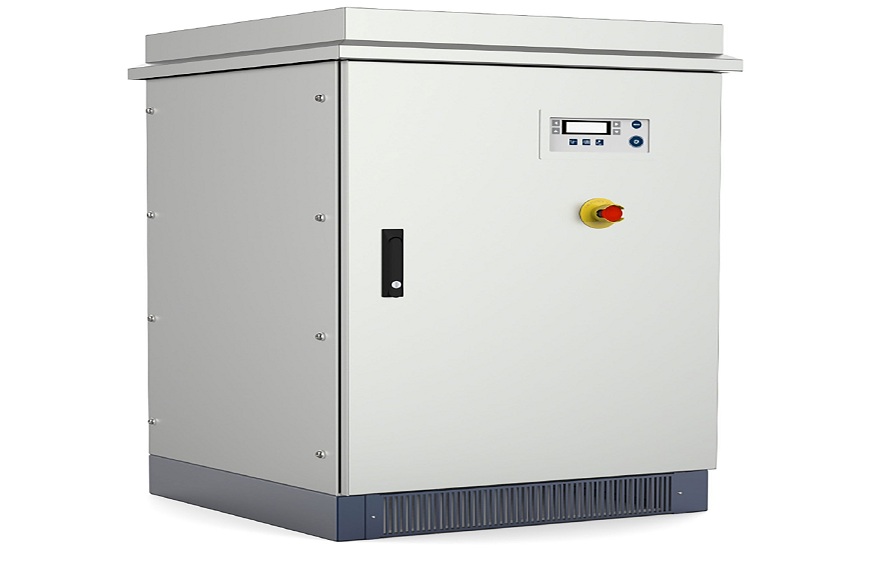In our increasingly electrified and automated world, the ability to precisely control the speed and torque of electric motors is paramount. This is where frequency converters, also known as variable frequency drives (VFDs) or inverters, step into the spotlight. These sophisticated electronic devices are not merely on/off switches for motors; they are intelligent controllers that manipulate the frequency and voltage of the electrical power supplied, unlocking a vast array of applications across diverse industries.From energy savings and process optimization to enhanced safety and extended equipment lifespan, frequency converters are the unsung heroes driving efficiency and innovation.
Industrial Automation: The Engine of Efficiency
One of the most significant application areas for frequency converters lies within industrial automation.In manufacturing plants, refineries, and processing facilities, countless motors drive pumps, fans, compressors, conveyors, and machine tools. Traditionally, these motors often operated at a constant speed, even when the process demand was lower.
Frequency converters offer a smart solution by allowing motor speed to be precisely matched to the actual process requirements.For instance, a pump delivering fluid at a variable flow rate can have its motor speed adjusted by a VFD, ensuring that only the necessary amount of energy is consumed.Similarly, conveyor belts can be slowed down or sped up based on production flow, optimizing throughput and reducing material handling issues.
Water and Wastewater Management: Sustainable Resource Handling
The management of water and wastewater resources is a critical aspect of modern infrastructure, and frequency converters play a vital role in ensuring efficient and reliable operation.In water treatment plants, VFDs control the speed of pumps used for raw water intake, chemical dosing, filtration, and distribution.Similarly, in wastewater treatment facilities, they manage pumps for influent transfer, aeration, sludge handling, and effluent discharge.
The ability to precisely control pump speeds allows for optimized flow rates, reduced energy consumption, and minimized water hammer – a phenomenon caused by sudden changes in flow that can damage pipes and equipment.Frequency converters also enable sophisticated control algorithms that can respond to fluctuating demand and maintain optimal system performance, contributing to more sustainable and cost-effective water and wastewater management.
Renewable Energy Systems: Harnessing Nature’s Power
In solar power installations, inverters are essential for converting the DC electricity generated by photovoltaic panels into AC power compatible with the grid or local loads. These inverters often incorporate sophisticated maximum power point tracking (MPPT) algorithms to optimize energy harvesting from the solar panels under varying irradiance conditions.
In wind turbines, frequency converters play a crucial role in adapting the variable frequency AC power generated by the turbine to the fixed frequency of the electrical grid.They also enable control over the turbine’s rotational speed to maximize energy capture and protect the system from over-speeding in high winds. As renewable energy continues to play an increasingly significant role in the global energy mix, the demand for advanced frequency converter technology will undoubtedly continue to grow.
In conclusion, frequency converters are indispensable tools in modern technology, enabling precise control over electric motors and driving significant improvements in energy efficiency, process optimization, and equipment lifespan across a multitude of industries. As technology continues to evolve and the demand for sustainable and efficient solutions grows, the dynamic world of frequency converter applications will undoubtedly continue to expand and innovate, shaping a more efficient and automated future.

